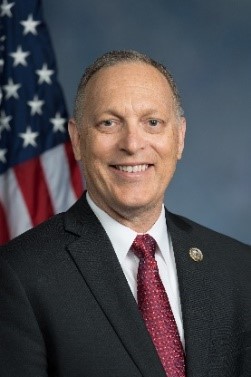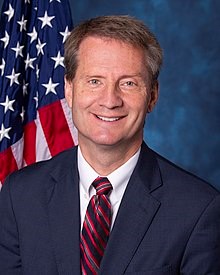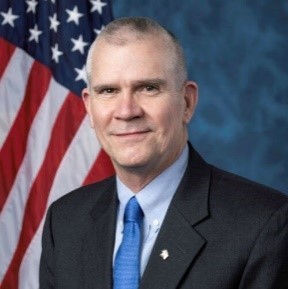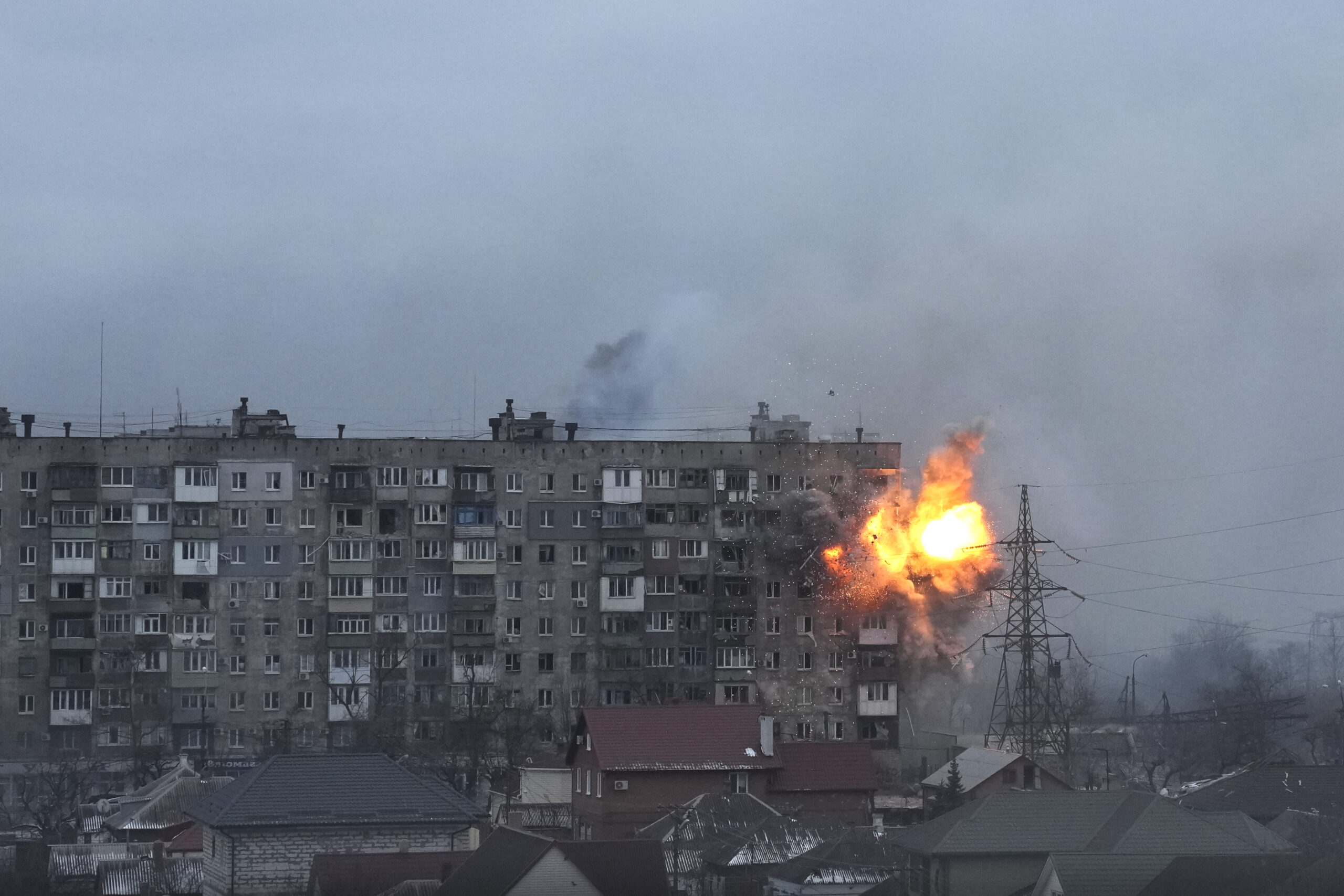Congressional Chaos: The Battle Over $60 Billion for Ukraine Instigated by the ‘Hateful Eight’

Months of Congressional chaos have left U.S. aid to Ukraine paralysed, creating a four-month deadlock in providing essential assistance that it needs to prevent a Russian victory.
Now, the U.S. Senate proposed a comprehensive $95 billion aid package, earmarking $60 billion specifically for Ukraine. However, the fate of this much-needed aid remains uncertain as it faces challenges in the House of Representatives, where Speaker Mike Johnson, who ascended to his position amid the removal of Kevin McCarthy by a group of ‘Hateful Eight’ Republican members, holds a significant influence.
The impending catastrophe, if swift action is not taken, demands immediate attention, with President Biden’s warning that opposing Ukraine funding would play into “Putin’s hands.” The situation also highlights the broader geopolitical implications of internal divisions within the U.S. government.
Unravelling the Controversial Vote: The ‘Hateful Eight’ and the Battle for Ukraine Aid
- In September 2023, a contentious vote led by Rep. Matt Gaetz and seven Republicans aimed to oust Speaker Kevin McCarthy.
- Termed the “Hateful Eight,” six members who voted McCarthy out expressed Anti-Ukraine sentiments, raising concerns about their intent to disrupt aid.
- Elevating domestic priorities and emphasizing fiscal responsibility emerged as central points of disagreement, drawing attention due to their alignment with former President Donald Trump and association with the “pro-Putin” faction.
- As the Speaker’s chair sat empty there was concern over the internal functioning of the House and U.S. ability to allocate resources to key allies, including Ukraine, Israel and Taiwan.
- A 22-day vacancy ensued before Mike Johnson assumed the role, a Trump-allied Speaker whose “Very Poor” rating on Ukraine aid intensified the debate.
Dissenting Republicans continue to be relevant, raising questions about their motivations and the broader implications of their opposition to foreign aid.
What is at stake for Ukraine?
- Ukraine emphasises the grave battlefield ramifications of the U.S. funding failure, citing shortages in personnel and ammunition for its struggling soldiers.
- Western officials issue stark warnings, asserting that Ukraine is ‘certain to fail’ against Russia without vital U.S. aid.
- Since the war’s onset, the Biden administration and Congress have allocated a substantial $75 billion to Ukraine, spanning humanitarian, financial, and military assistance.
While Biden lacks the authority to compel Congress, he earnestly implores, stating, “For Republicans in Congress who think they can oppose funding for Ukraine and not be held accountable, history is watching.” Adding that “Failure to support Ukraine at this critical moment will never be forgotten.”
Ukrainian President Volodymyr Zelensky quickly hailed passage of the bill, stating, “American assistance brings just peace in Ukraine closer and restores global stability, resulting in increased security and prosperity for all Americans and all the free world.”
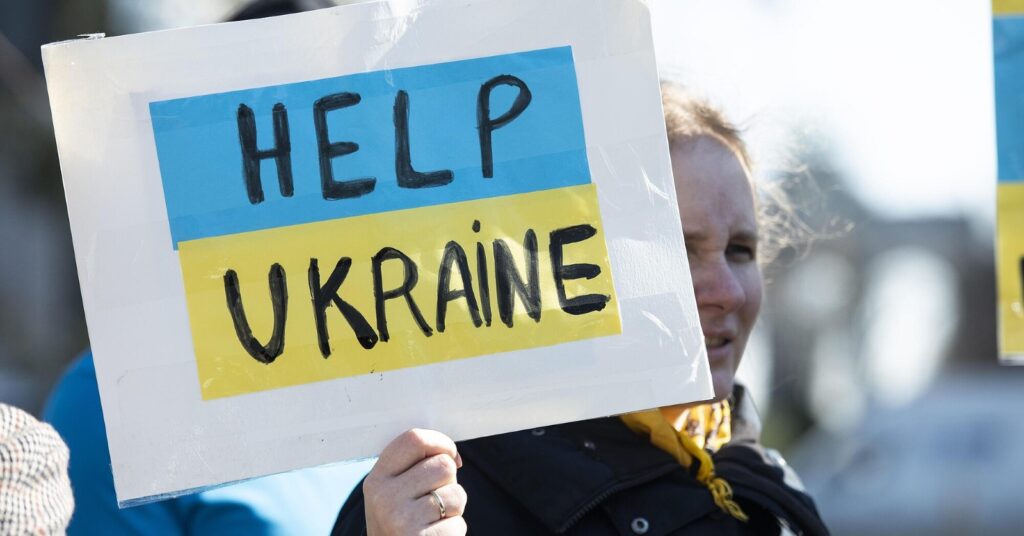
The ‘Hateful Eight’ who voted to remove McCarthy
Kevin McCarthy used “Hateful Eight” to characterise members who voted for his removal, also referred to as the “Crazy Eight” or “Gaetz Eight” (as “hateful eight” is already taken). It is alleged that certain members voted McCarthy out with the specific intention of deliberately disrupting aid to Ukraine, particularly noteworthy as some of these individuals are affiliated with the “pro-Putin caucus.” Here are some insights into their statements regarding financial aid for Ukraine and other nations.
The increasing opposition to funding Ukraine within the Republican ranks seems to align with Donald Trump’s “America First” philosophy. This growing resistance appears to be a direct response to Trump’s foreign policy approach, which has strongly resonated with the more isolationist faction within the party. It’s noteworthy that, except for Tim Burchett and Ken Buck, the remaining six members who voted against McCarthy have all endorsed former President Trump’s potential comeback bid in 2024.
(Pro/Anti labels sourced from Republicans for Ukraine, a pro-Ukraine initiative associated with the conservative non-profit Defending Democracy Together)
The End of an Era: Is U.S. Global Leadership at Stake?
The likes of the Hateful Eight’s and Johnson’s opposition to foreign aid represents a shift in the traditional bipartisan approach to foreign policy that has characterised the United States for over eighty years. This deviation, rooted in concerns about fiscal responsibility and foreign entanglements, reflects broader changes in the American political landscape. With isolationist sentiments gaining traction, some Republicans question the necessity of global leadership and international alliances.
“Republicans once stood against communism and thugs like Vladimir Putin, but it’s a shame that not every Republican is speaking out against what Russia is doing to Ukraine,” said Gunner Ramer, a spokesperson for Republicans for Ukraine.
Opponents argue that failing to support Ukraine emboldens Russian aggression, undermines democratic values in Europe, and jeopardises America’s global leadership role.
The failure to provide aid to Ukraine is not merely a financial concern; it has broader implications for U.S. global leadership. The ongoing debate exposes a division within the Republican Party and challenges the historical bipartisan consensus on international engagement. As the U.S. faces evolving threats from Russia and China, maintaining unity in foreign policy becomes increasingly crucial.



